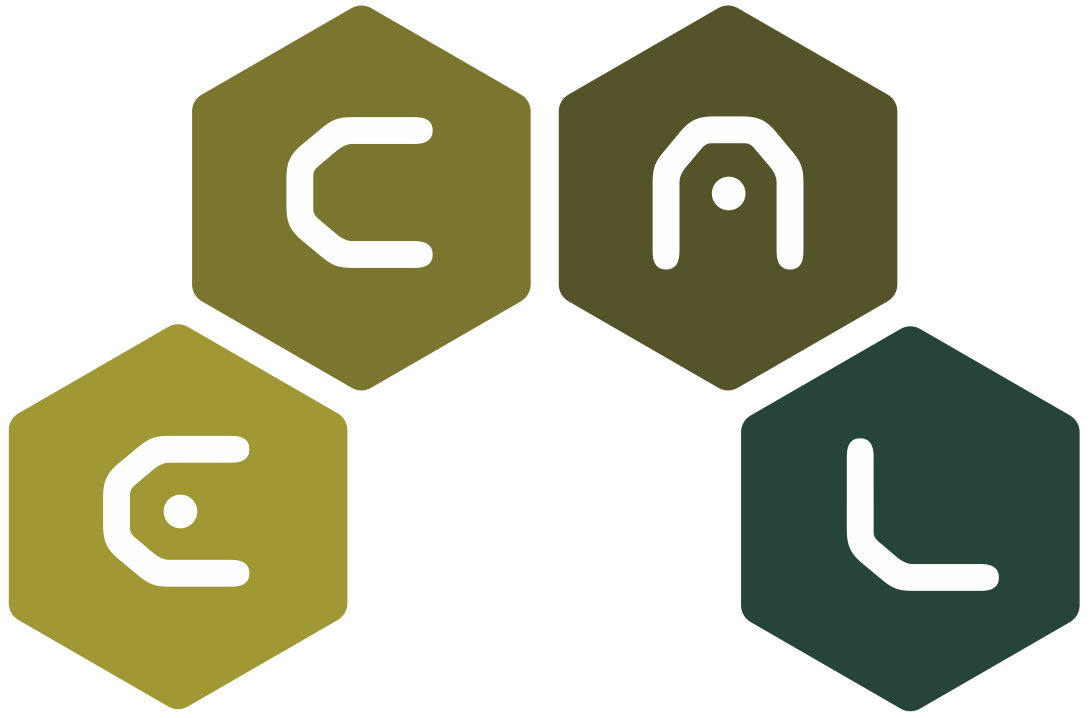Title
Informational parasites in code evolution

Informational parasites in code evolution
Download via this paper's page on the MIT Press ECAL 2015 Proceedings website.
In a previous study, we considered an information-theoretic model of code evolution. In this model, agents bet on (common) environmental conditions using their sensory information as well as that obtained from messages of other agents, which is determined by an interaction probability (the structure of the population). For an agent to understand another agent’s messages, the former must either know the identity of the latter, or the code producing the messages must be universally interpretable.
A universal code, however, introduces a vulnerability: a parasitic entity can take advantage of it. Here, we investigate this problem. In our specific setting, we consider a parasite to be an agent that tries to inflict as much damage as possible in the mutual understanding of the population (i.e. the parasite acts as a disinformation agent). We show that, after introducing a parasite in the population, the former adopts a code such that it captures the information about the environment that is missing in the population. Such an agent would be of great value, but only if the rest of the population can understand its messages. However, it is of little use here, since the parasite utilises the most common messages in the population to express different concepts.
Now we let the population respond by updating their codes such that, in this arms race, they again maximise their mutual understanding. As a result, there is a code drift in the population where the utilisation of the messages of the parasite is avoided. A consequence of this is that the information that the parasite possesses but which the agents lack becomes understandable and readily available.